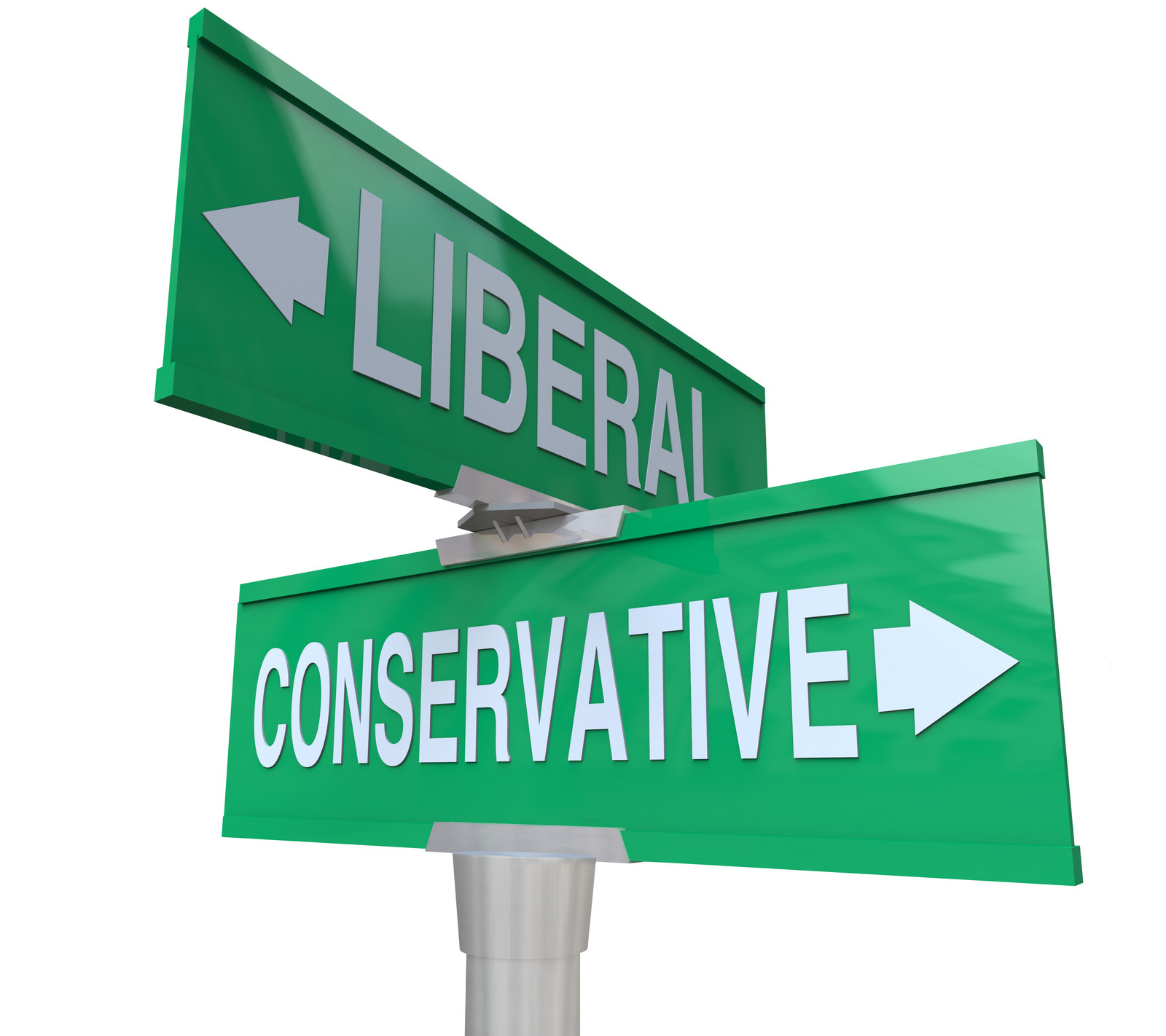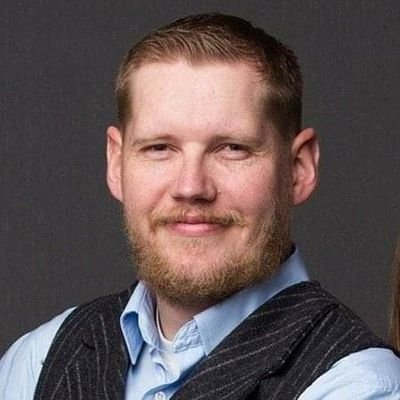
Prior to classical liberalism, people living in Western societies were largely enslaved to the arbitrary powers of church and state. Preferring order to anarchy, nation-states developed complex power structures where authority was divvyed between unelected and unaccountable monarchs and the priestly class. This does not mean that all those in authority abused their power; but it wouldn’t be hard to imagine instances in which abuses transpired.
Worse still, this system could be notoriously chaotic during transitions of power or disagreements between competing authorities. While this system endured and even flourished for centuries, there came a time when much of Europe was fed up with religious wars that plagued the continent. “Liberalism arose from the centuries-long reflection on what is necessary, if people are to be governed by consent, so as willingly to submit to laws made by other humans rather than by God,”
noted British philosopher Roger Scruton.
What might seem obvious to us was astoundingly innovative at the time: could people actually learn to put aside their religious and historical differences to live in harmony within the same nation-state governed only by the consent of the people and not the rule of a monarch or faithfulness to a shared religion? How would this new form of order even work in practice?
A Secular Framework for Religious Co-Existence
“The religious form of social order is laid before us in the Hebrew Bible and in the Koran: it is an order in which laws are based on divine prescriptions, and earthly offices are held by delegation from the Deity…The political order, by contrast, is one in which a community is governed by man-made laws and human decisions, without reference to divine commands,”
Scruton continues. Shifting from monarchies of old to a liberal society was not simply a matter of changing rules; the entire apparatus and justification for state-authority had to be made anew. “Religion is a static condition; politics a dynamic process. While religions demand unquestioning submission, the political process offers participation, discussion, and law-making founded in consent.”
It is vital we understand this distinction, for it is what allows the Christian, Jew, Muslim, and non-religious (theoretically) to live in harmony. By removing the basis of authority and the justification of the state away from a shared religion and where God anoints the sovereign to a system of consent, people are free to live their lives in accordance with the dictates of their own conscience without trampling on the rights of others to do the same.
As
Scruton observed, “It is precisely when religion intrudes into politics that the political process is most at risk.” While there are notable exceptions whose belief system doesn’t “work” within a liberal framework—Islamic radicals, political revolutionaries, anarchists, white nationalists—no other system of government has produced a more stable order while at the same time extending to a wide variety of faiths, ideologies, and ways of life the liberty to live their lives as they choose. All that is required is that we maintain and respect the structures of liberalism and use them when questions of rights, justice, equality, and welfare arise.
The Liberal Myth
Society depends upon order. But liberalism found a way to rest that order in a secular myth that replaced the ancient myths of religion. As an ideology, liberalism has the ability to mimic religion in this way.
Russell Kirk often warned of the danger inherent in ideologies for this very reason: “Liberalism, in short, found its popular support in myth, but in myth distorted: the myth of individual free will, but a free will stripped of divine guidance and of grace; the myth of popular sovereignty, but a myth deprived of the saving phrase ‘under God’; the myth of natural rights, but a myth shorn of the Providential order which gives such rights their sanction.”
Ideologies come prepackaged with myths—with some attempt at answering ultimate questions of justice and equality and liberty and duty and purpose. The myths of ideologies are rooted in rational arguments—which is fine so far as it goes. But what makes the human machine run is far more than well-reasoned arguments. Humans have a nature need for something beyond our nature; We have a desire to root our myths in some authority greater than our ability to reason—that is, something greater than ourselves.
One of the (many) problems with political ideologies is that they attempt to impose a political program on beings that are not purely receptive to programing. Ideologies would get on just fine if humans were robots in need of an exhaustive formula for ordering society. But we humans require more than the perfect political formula: we require some transcendent myth that calls us beyond the mundane of mere existence and infuses us with a greater sense of purpose.
“The liberal system attained popularity because it promised progress without the onerous duties exacted by tradition and religion,”
Russel Kirk continues, “It is now in the process of dissolution because, founded on an imperfect and distorted myth, it has been unable to fulfill its promise, and because it no longer appeals in any degree to the higher imagination. It has been undone by social disillusion. Before long, no one will be able to take shelter under the ruinous fabric of liberalism.”
What Happens When the New Myth Replaces the Old?
Perhaps Kirk’s assessment strikes you as needlessly alarmist. After all, people in the Western world have been doing just fine with liberal democracies even as religious tradition fades into the background of what we do in our “private lives”. But we would do well to take into account the longevity of cultural norms. For even secular Europe isn’t completely shorn of its Christian past, and religious myths can easily be entangled into an individual’s worldview without them fully comprehending the origin of each accepted belief.
Irving Kristol wrote of the impact of the gradual secularization of liberal society. My apologies in advance for the length of his quote—Kristol was not know for his brevity—but it’s highly relevant for our purposes here:
“…liberal society is of necessity a secular society, one in which religion is mainly a private affair. Such a disestablishment of religion, it was predicted by Catholic thinkers and others, would gradually lead to a diminution of religious faith and a growing skepticism about the traditional consolations of religion—especially the consolations offered by a life after death. That has unquestionably happened, and with significant consequences. One such consequence is that the demands placed upon liberal society, in the name of temporal ‘happiness,’ have become ever more urgent and ever more unreasonable. In every society, the overwhelming majority of the people lead lives of considerable frustration, and if society is to endure, it needs to be able to rely on a goodly measure of stoical resignation. In theory, this could be philosophical rather than religious; in fact, philosophical stoicism has never been found suitable for mass consumption. Philosophical stoicism has always been an aristocratic prerogative; it has never been able to give an acceptable rationale of ‘one’s station and one’s duties’ to those whose stations are low and whose duties are onerous. So liberal civilization finds itself having spiritually expropriated the masses of its citizenry, whose demands for material compensation gradually become as infinite as the infinity they have lost.”
Like Kirk, Kristol is concerned with the inadequacy of the liberal myth,
noting elsewhere that the “disestablishment of religion as a publicly sanctioned mythos has been the inability of liberal society ever to come up with a convincing and generally accepted theory of political obligation.” Did the
soldiers who died storming the beaches of Normandy do so out of loyalty to Lockean principles of liberty? Or did they do so out of a sense of patriotism, defense of the homeland, protection of their families, and duty to their God? A nation’s survival depends on the ability of some myth to cultivate profound sacrifices on the part of the people when duty calls. The myth of liberalism alone cannot do that. Even if it can do that for the few philosophical “stoics” Kristol refers to, it cannot do that for the masses.
In place of our religious heritage, we find a slew of secular myths pointing adherents to transcendent virtues of environmental consciousness, equality, acceptance and celebration of alternative lifestyles, and combating animal cruelty, to name but a few. The point here isn’t whether these are the right “virtues” to uphold, but that these virtues, in isolation, are not sufficient to sustain a family, let alone a nation. People might feel strongly about the environment, but would they be willing to storm the beaches of Normandy to fight global warming?
“I think it is becoming clear that religion, and a moral philosophy associated with religion, is far more important politically than the philosophy of liberal individualism admits,”
Kristol concludes, “Indeed, I would go further and say that it is becoming clearer every day that even those who thought they were content with a religion that was a private affair are themselves discovering that such a religion is existentially unsatisfactory.”
It is precisely for these reasons that conservatism in the English-speaking world has largely been focused on preserving our cultural norms and religious traditions in an effort to keep the great experiment of liberal self-government running. But there are those who call themselves conservative who insist that this is the wrong approach. They say that liberalism IS the reason our cultural norms and institutions are diminishing, and the only practical way forward is to do away with liberalism altogether. What are we to make of this argument? That is where we’ll turn in the fifth and final post in this series.



